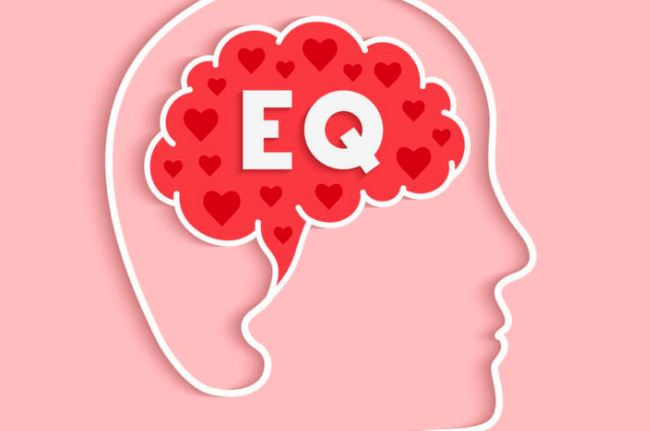Emotional intelligence (EI) is the ability to recognize, understand, and manage your own emotions while also recognizing and influencing the emotions of others. Developing EI can enhance your relationships, improve communication, and increase your overall well-being. Here are practical steps to help you cultivate emotional intelligence:
How to Develop Emotional Intelligence
1. Self-Awareness
- Reflect on Your Emotions: Take time to identify and understand your feelings. Journaling can be a helpful tool for exploring your emotional responses in different situations.
- Know Your Triggers: Recognize the situations or people that evoke strong emotional reactions in you. Understanding these triggers can help you manage your responses better.
2. Self-Regulation
- Practice Mindfulness: Engage in mindfulness practices such as meditation or deep breathing to help you stay present and calm. This can improve your ability to regulate your emotions.
- Pause Before Reacting: When you feel a strong emotion, take a moment to pause and think before responding. This can prevent impulsive reactions and help you respond more thoughtfully.
3. Motivation
- Set Personal Goals: Establish meaningful goals that align with your values. Having a sense of purpose can boost your motivation and emotional resilience.
- Celebrate Progress: Acknowledge your achievements, no matter how small. Celebrating progress can enhance your intrinsic motivation and self-esteem.
4. Empathy
- Practice Active Listening: Focus on truly understanding what others are saying. Listen without interrupting, and ask questions to clarify their feelings and perspectives.
- Put Yourself in Others’ Shoes: Try to understand situations from other people’s perspectives. This can deepen your empathy and improve your interpersonal relationships.
5. Social Skills
- Improve Communication: Work on expressing your thoughts and feelings clearly and respectfully. Effective communication is key to building strong relationships.
- Build Rapport: Take the time to connect with others. Engage in conversations, show genuine interest, and find common ground to strengthen your social skills.
6. Manage Relationships
- Resolve Conflicts Constructively: When disagreements arise, approach them with a solution-oriented mindset. Focus on finding common ground rather than winning an argument.
- Seek Feedback: Ask trusted friends or colleagues for feedback on your interactions. Constructive criticism can help you identify areas for improvement in your social skills.
7. Continuous Learning
- Read Books on Emotional Intelligence: There are numerous resources available that provide insights and strategies for developing EI. Consider titles like “Emotional Intelligence” by Daniel Goleman.
- Attend Workshops or Training: Participate in workshops or courses focused on emotional intelligence and personal development. These can provide valuable skills and techniques.
8. Practice Self-Compassion
- Be Kind to Yourself: Recognize that everyone makes mistakes and experiences setbacks. Treat yourself with the same compassion you would offer a friend.
- Acknowledge Your Emotions: Accept your feelings without judgment. Understanding that emotions are a natural part of being human can help you manage them more effectively.
Conclusion
Developing emotional intelligence is an ongoing process that can greatly enhance your personal and professional life. By focusing on self-awareness, self-regulation, empathy, and effective communication, you can improve your emotional intelligence and build stronger, more fulfilling relationships. Remember, the journey to greater emotional intelligence takes time and practice, so be patient with yourself as you grow!

